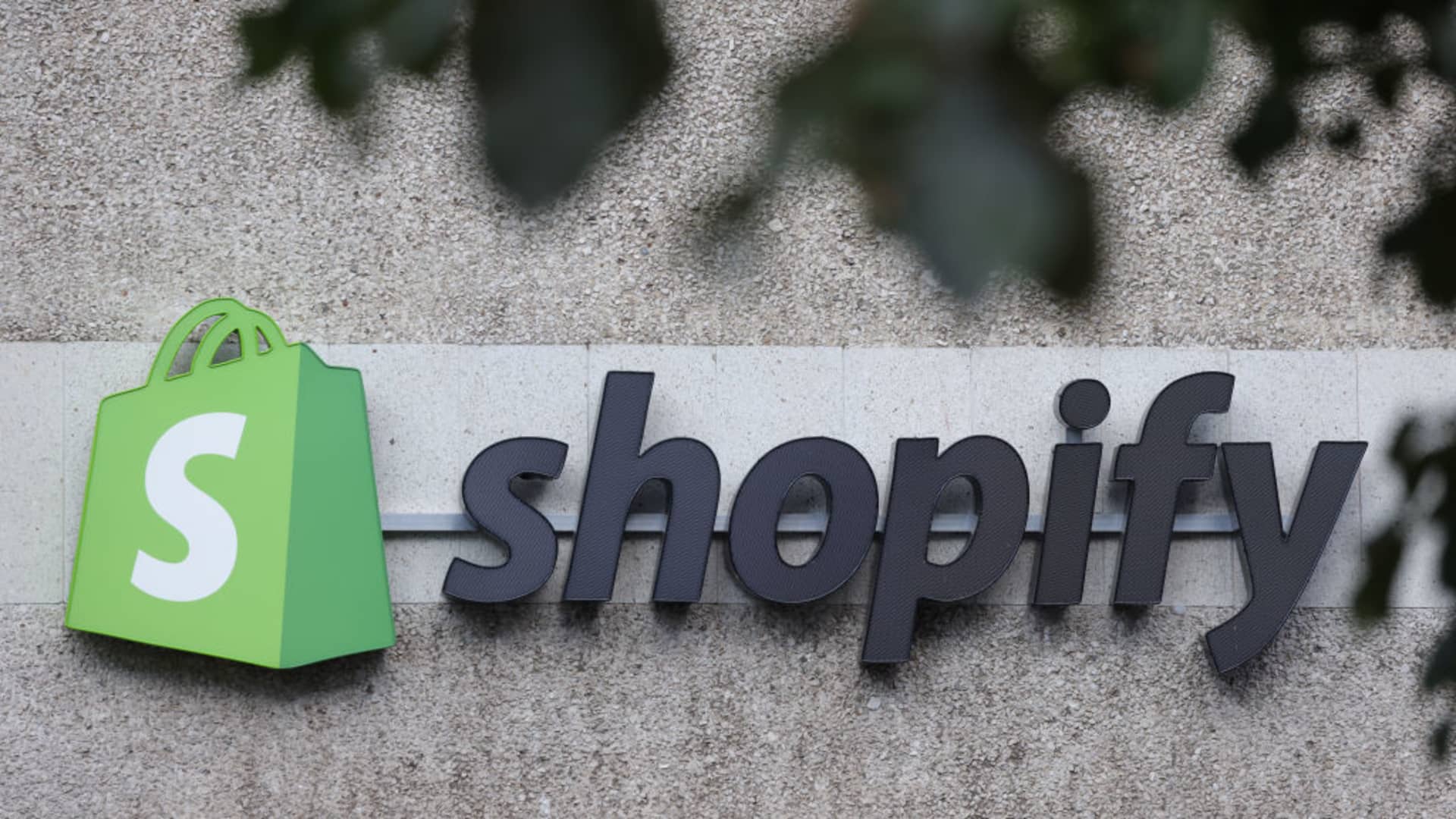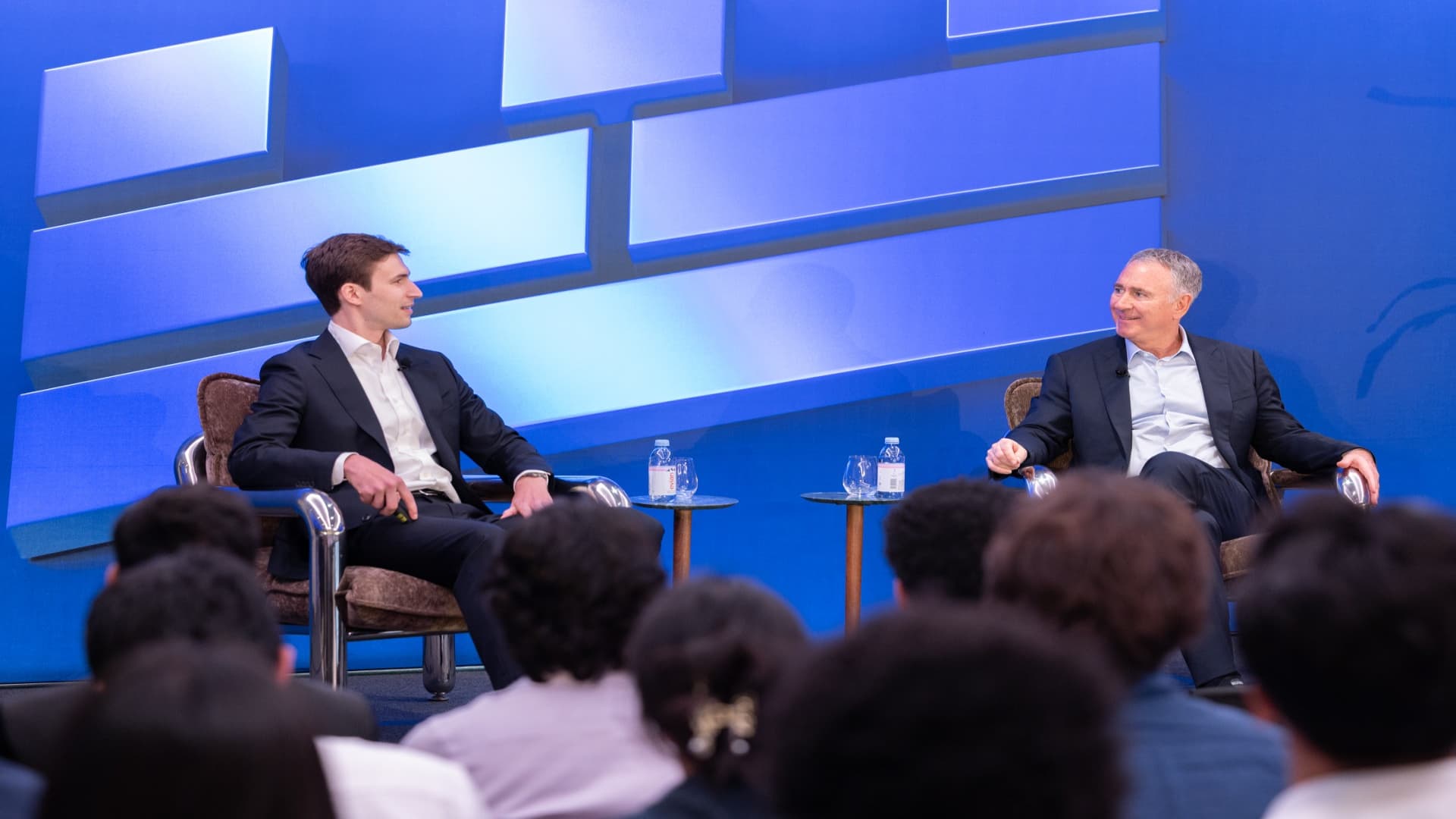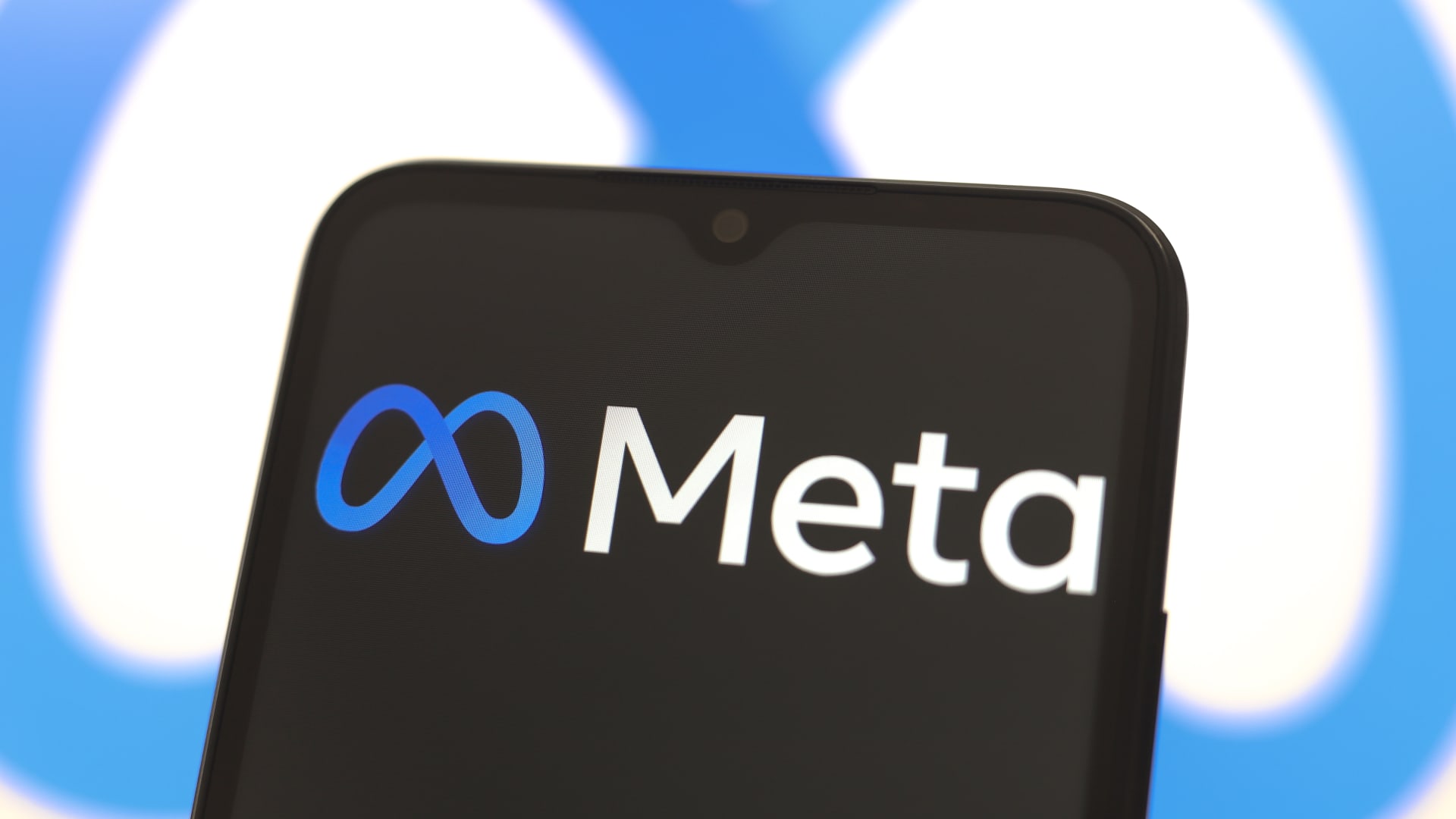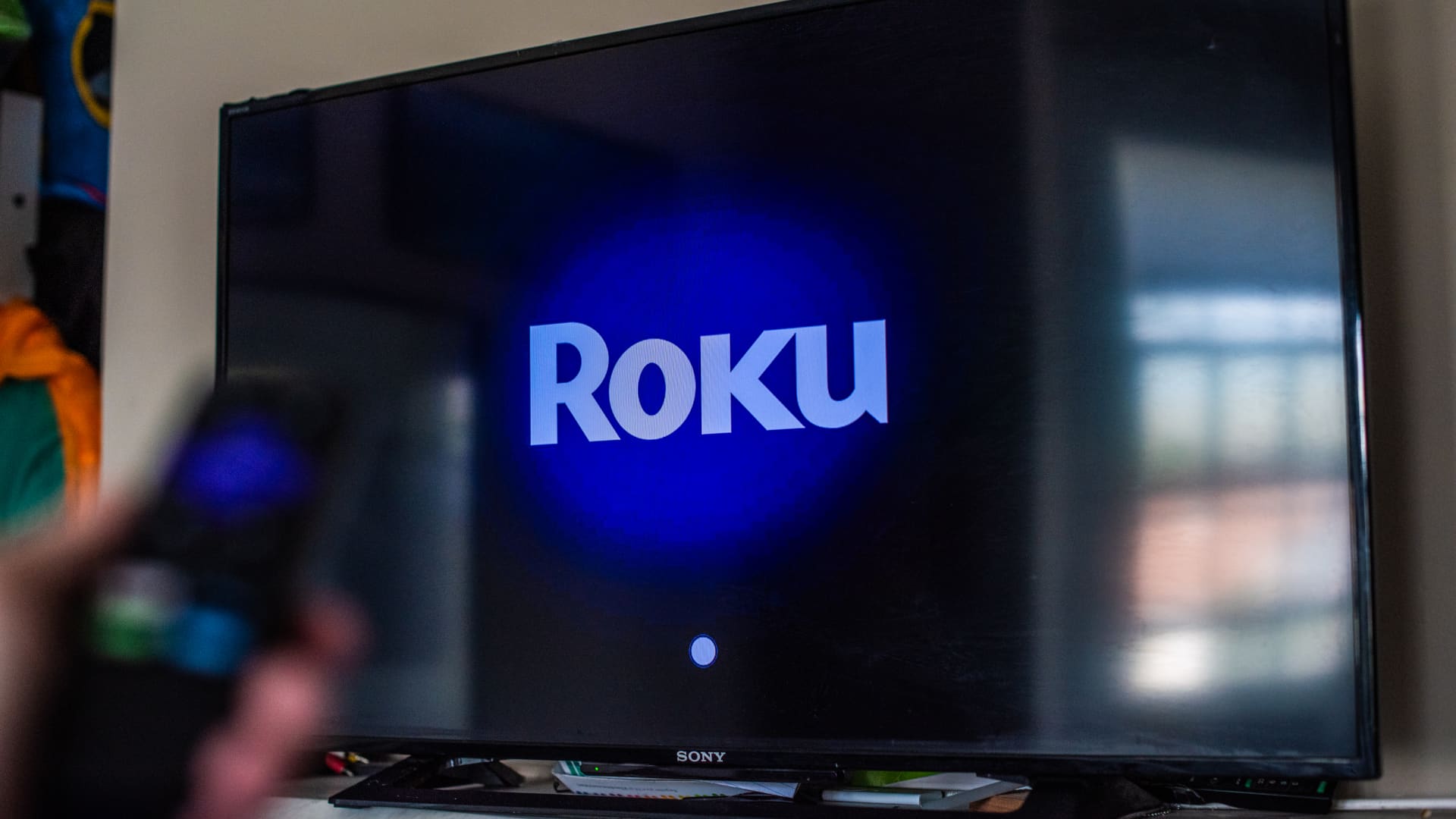Finance
Stocks making the biggest moves premarket: KO, SHOP, SNAP, FSLR
-

 Economics1 week ago
Economics1 week agoSending the National Guard to LA is not about stopping rioting
-

 Accounting1 week ago
Accounting1 week agoInstead adds AI-driven tax reports
-

 Blog Post1 week ago
Blog Post1 week agoMastering Bookkeeping Tasks During Peak Business Seasons
-

 Personal Finance1 week ago
Personal Finance1 week agoWhat Pell Grant changes in Trump budget, House tax bill mean for students
-

 Personal Finance7 days ago
Personal Finance7 days agoHow markets performed for investors so far
-

 Personal Finance7 days ago
Personal Finance7 days agoTrump’s ‘big beautiful’ bill may curb access to low-income tax credit
-

 Economics7 days ago
Economics7 days agoIs there a “woke right” in America?
-

 Finance1 week ago
Finance1 week agoChina’s EV race to the bottom leaves a few possible winners










